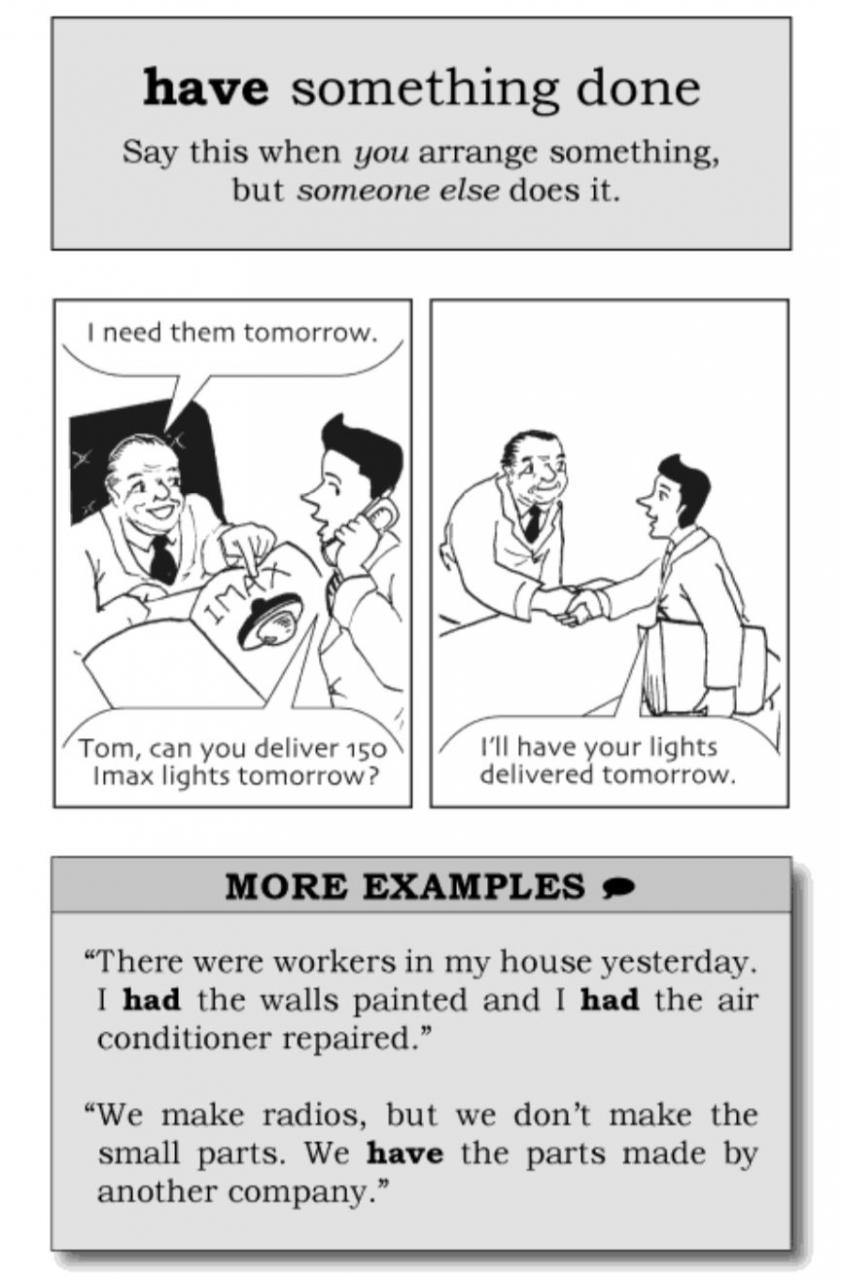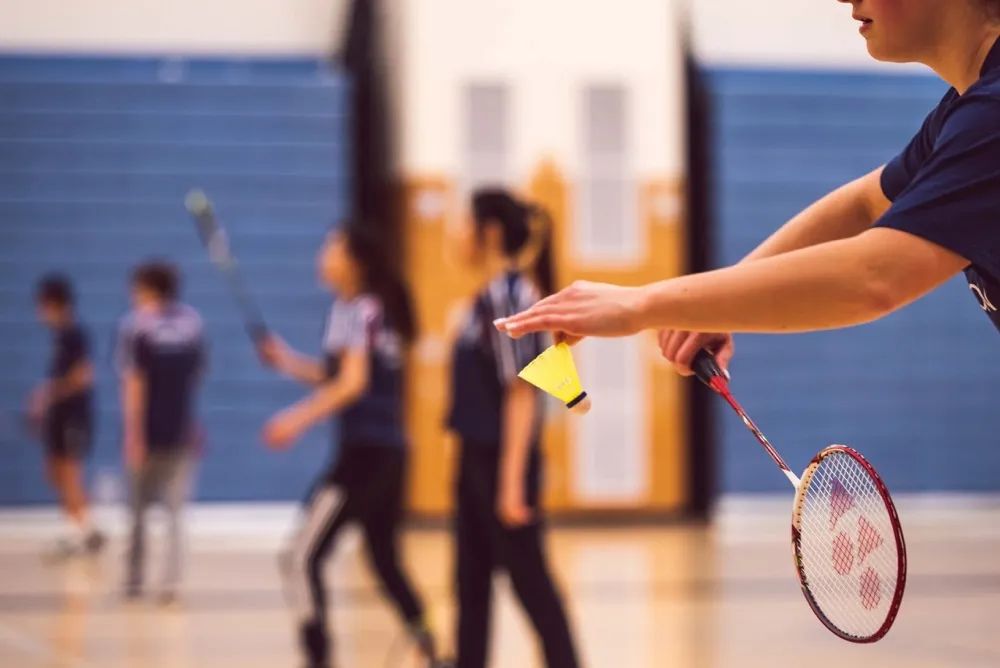一,这个问题其实很简单,你只要理解一个大的原则就可以了,就是:
动词后的不定式往往表示:你打算做的具体的活动 ;而动名词往往表示:你经历了的经验。
所以,enjoy后只能是动名词,比如: I enjoy listening to music. 你肯定有听过音乐的经验,否则你说不出这样的话来。 同样,want的后面只能是不定式,因为你想做某事,这事肯定还没有做(注意,是站在谓语动词的时间点,这个问题这里不展开),所以只能说:I want to listen to music. 再比如admit这个词,你只能说:He admitted stealing my money. 你不可能说:He admitted to steal my money. 而如果是plan那就只能是不定式了:He is planning to steal money.
二,这样的一种大的原则是普遍的——也就是说不仅是动词后适用,在任何地方任何时候都适用。比如:听音乐是我的爱好。Listening to music is my hobby. My hobby is listening to music.
今年结婚是我的计划。To get married this year is my plan. My plan is to get married this year.
有了这样的原则,我们就知道,我们翻译句子时一定要看清句子的意思,比如:
我的工作就是在知乎上写文章。My job is writing articles on Zhihu.
今天,你的工作就是在知乎上写一篇文章。Today, your job is to write an article on Zhifu.
某教材上曾经有这样的句子:Going to a British high school for two years of study was a very exciting and enjoyable experience for me. 这里的动名词就表明了说话人已经去过英国学校学习了。如果换个说法:To go to a British high school for two years of study is my biggest dream in the near future. 意思就完全不一样了。
三,但是我们也要清楚事件没那么简单,"大的原则"不是数学公式。语言是flexible与subtle的。比如:
Children always like listening / to listento stories. 孩子们总是喜欢听故事。
She began playing / to play the guitar when she was six. 她六岁开始弹吉他。
英语中认为这个时候两者表达的意思差不多。——但你不要觉得这就会很乱,因为在具体选用的时候,大的原则 依然成立,你依然可以根据原则和你自己的语感去写句子。
另外,由于动名词不喜欢外置,所以很多时候,当句子的主语是形式主语的时候,真正的主语多用不定式,比如:
Listening to music a little bit before going to bed is my hobby.
It is my hobby to listen to music a little bit before going to bed.
Discussing with your classmates is good for your study.
It is good for your study to discuss with your classmates.
——"to do --"叫不定式,"doing --"叫动名词,它们都是非谓语动词的一种,要知道如何正确地使用非谓语动词,你首先得弄清楚:非谓语动词是怎么来的?
这个问题,可参阅:
Now, I want to hit the '赞同' button !
Hitting the '赞同' button after reading a good answer is my habit.
附录:
一,后面常接动名词的动词列表 advise Doctors generally advised doing exercise. allow The European Union doesn't allow smoking in bars. anticipate I anticipated getting stuck in traffic. appreciate I appreciated Danny helping me. avoid He avoided talking to her. begin I began learning Spanish. can't bear He can't bear being late. can't help He can't help drinking so much. can't see I can't see us living in London. can't stand He can't stand her smoking in the street. cease The government ceased providing free healthcare. complete He completed renovating the house. consider She considered moving to Amsterdam. continue He continued talking. defend The lawyer defended her making such statements. delay He delayed replying to the letter. deny He denied committing the crime. despise She despises waking up early. discuss We discussed working at the company. dislike She dislikes being ignored. don't mind I don't mind helping you. dread She dreads meeting her in-laws. encourage He encourages eating healthy foods. enjoy We enjoy swimming. finish He finished doing his homework. forget I forgot giving you my book. hate I hate doing the ironing. imagine He imagines working there one day. involve The job involves travelling to Japan once a month. keep She kept interrupting me. like She likes listening to music. love I love reading. mention He mentioned going to the theatre tonight. mind Do you mind waiting here for a few minutes. miss She misses living near the shops. need The aquarium needs cleaning. neglect Sometimes she neglects doing her homework. permit Most hotels do not permit smoking in restaurants. postpone He postponed returning to Paris. practice She practiced singing the song. prefer He prefers sitting at the back of the movie theatre. propose I proposed having lunch at the beach. quit She quit worrying about the problem. recall Tom recalled using his credit card at the store. recommend Tony recommended taking the train. regret She regretted saying that. remember I remember telling her the address yesterday. report He reported her using office property for her personal use. require The certificate requires completing two courses. resist He resisted asking for help. risk He risked being caught. start He started studying harder. stop She stopped working at 5 o'clock. suggest They suggested staying at the hotel. tolerate I tolerated them being at the party. try Sam tried opening the lock with a paperclip. understand I understand his quitting. urge They urge recycling bottles and paper. 二,后面常接不定式的动词列表 agree Sarah agreed to help me. appear His health appeared to be better. arrange Peter arranged to stay with his uncle in Paris. ask She asked to leave. begin He began to talk. can't bear He can't bear to be ignored. can't stand David can't stand to work in an office. care He doesn't care to participate in the charity run. cease The government ceased to provide free healthcare. choose I chose to help. claim She claimed to be a doctor. continue She continued to talk. decide We decided to go to Paris. demand He demanded to speak to the manager. deserve He deserves to go to jail. dread I dread to think what might have happened. expect They expect to arrive early. fail He failed to get enough money to pay for the new project. forget I forgot to lock the door when I left. get (be allowed to) John gets to go to the concert next week! Why can't I? happen She happened to be in Latin America during the riots. hate He hates to be proved wrong. hesitate She hesitated to tell me the problem. hope I hope to begin college this year. intend We intend to visit you next spring. learn I learned to speak Russian when I was a kid. like Chris likes to read. love We love to scuba dive. manage He managed to open the door without the key. need I need to study. neglect She neglected to tell me the date of the meeting. offer Donald offered to drive us to the supermarket. plan We plan to go to America this summer. prefer He prefers to eat at Italian restaurants. prepare They prepared to take the test. pretend The child pretended to be a monster. promise She promised to stop smoking. propose Dad proposed to pay for the trip. refuse The guard refused to let them enter the building. regret I regret to inform you that your application was rejected. remember Did you remember to lock the door when you left? seem Sarah seemed to be disappointed. start Marc started to talk really fast. swear Anne swore to tell the truth. tend Matt tends to be a little shy. threaten Alison threatened to leave forever. try Joanna tried to lift the table, but it was too heavy. wait Sue waited to buy a movie ticket. want I want to study Spanish. wish I wish to stay. would like We would like to start now.
本站内容收集整理于网络,多标有原文出处,本站仅提供信息存储空间服务。如若转载,请注明出处。






